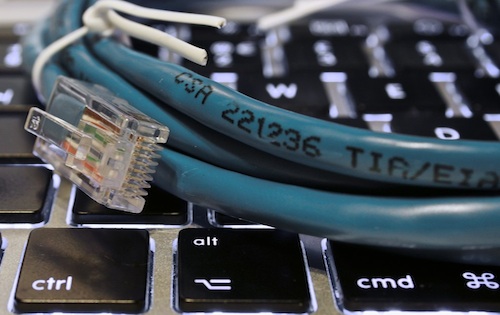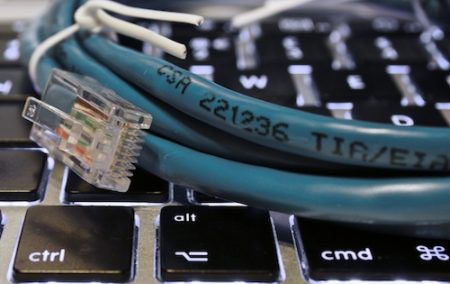
The world is about to run out of Internet addresses. The Internet Assigned Numbers Authority (Iana) has allocated the last two free batches of Internet Protocol version 4 (IPv4) addresses to Apnic, Asia-Pacific’s Internet registry.
IPv4 has been an integral part of what makes the Internet work since the early 1980s. However, the number of available addresses has been dwindling fast.
IPv4 allows for 4,3bn unique addresses, which seemed like more than enough 30 years ago but which is now known to be wholly inadequate.
The International Telecommunication Union says the number of Internet subscribers ballooned from 250m users 11 years ago to more than 2bn today. An IP address has to be allocated to every user connecting to the Internet, to every server providing content on the Web, and to every device that plays a role in routing data online.
But there’s no reason to panic over the fact that IPv4 addresses are running out. A new version of IP, known as IPv6, will increase the number of available addresses to 340 undecillion (that’s 3,4 times 10 to the power of 38).
Afrinic, the African registry, and several other regions will receive one more allocation of IPv4 addresses before they are used up. That could happen as soon as this week.
Afrinic CEO Adiel Akplogan says Africa should have a little leeway before it exhausts its final allocation of addresses. He says at the current rate of depletion, the continent should have about a year before its allocation to users is exhausted.
“Despite the time we have, Internet providers and governments must start to embrace the new protocol,” he says.
He says there is a lot of work that needs to be done before Africa can consider itself ready to adopt IPv6.
The new protocol effectively creates a parallel network to the Internet people use now. Internet service providers are making provision for this, allowing the two protocols to “talk” to each other. However, these provisions will not be in place forever.
Migrating now, instead of later, will ensure that Internet access in the region remains stable, says Akplogan.
He says that although many African governments and businesses are taking the adoption of IPv6 seriously, there are many that have yet to recognise its importance.
Countries that have included the migration of IPv6 as a policy directive include Kenya, Egypt, Senegal, Morocco, Tunisia and Algeria. Most SA Internet service providers have migrated their core networks onto the new protocol.
“What needs to happen now is that consumers need to be brought on board with the migration,” says Akplogan.
He says should be a smooth process. “If all goes as planned, consumers will not even notice the switchover,” he says. — Candice Jones, TechCentral
- Image: David Davies
- Subscribe to our free daily newsletter
- Follow us on Twitter or on Facebook


